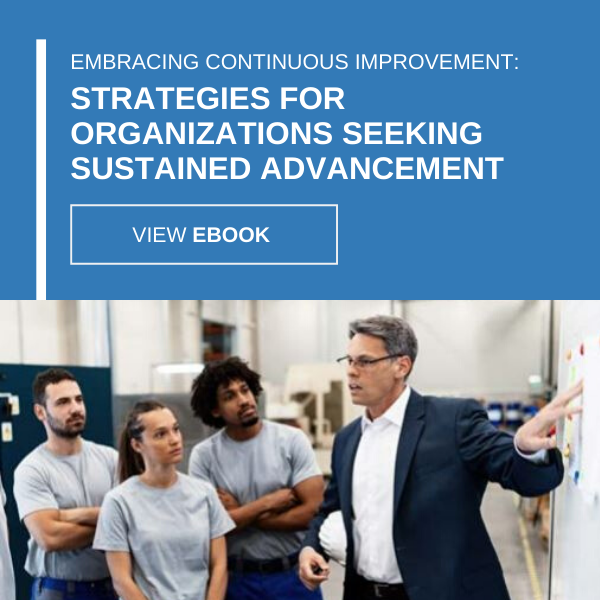
5 Guidelines for Sustainable Operations Management Today
The competition has become sky-high and relentless across all major industries. Pricing is a race to the bottom, resources are harder than ever to come by, and new protocols and regulations constantly disrupt processes and add to manufacturing costs. The still-struggling economy doesn’t help matters.
Operations managers have their work cut out for them: Creating and maintaining smooth, high-functioning processes in this climate is a challenge. Preparation, a constructive attitude, and informed decision-making are required in spades. Here’s USC Consulting Group’s take on how operations managers can remain competitive and, indeed, thrive in the digital era:
1. Keep your customers front and center
Metrics like cycle time and the operations profit margin are important. They show you how well your operations processes are doing. They don’t, however, determine your net profitability – your customers do. As such, while it’s important to tweak your operations processes, satisfying your customers’ various needs and expectations is more so. Some ways to make customers – B2B or otherwise – happy is to focus on end-to-end transparency, automation, timeliness, accessibility, and user-friendliness.
2. Train your employees
Processes are more than machines, automation, and technology – they are the people that run them. Your employees can be your biggest asset and resource. Cultivating them – especially the ones in key roles on the floor – can net you massive gains across the board. Consider investing in employee training and education programs. Spend plenty of time with your workers, exchange feedback, and create a culture of honesty, accountability, and pride in a job well done. Every manager needs people skills to be successful, says ESRI.
3. Embrace change
Change is rapid and swift in this day and age, thanks to the onset of Industry 4.0, globalization, and constantly shifting market conditions and associated employee turnovers. Even iconic brands like Motorola – once the biggest name in the cellphone industry – can go out of business at the drop of a dime. A process being profitable today is no guarantee of it being profitable tomorrow. Also, what you did to find and keep good employees yesterday may not work anymore. Don’t be averse to change – it’s one of the more common small business management mistakes. Instead, see it as a good, necessary thing. Don’t be afraid of restructuring, reshaping, and overhauling if you need to.
4. Utilize the latest technology
Technology is resource-intensive but it can pay you back multifold. Researching the newest technologies and updating your processes to match can assist in several ways. With real-time data gathering you can make informed operations decisions on the fly. Using IoT, you can keep tabs on multiple processes, worksites, and employees remotely. With automation, digital reality, AI, and blockchain, you can speed up and optimize your supply chain end-to-end. With inventory tracking, you can keep your customers in the loop. It’s a good idea to study how the biggest manufacturers operate – like Toyota – for inspiration.
5. But don’t use technology too much
As important as technology is, it’s not the answer to all your problems. Industry 4.0 is a relatively new phenomenon and the apps or software you’ll be using will typically be a work in progress. Automating every process just because can and will backfire. Technology is excellent for number crunching, simple machine operations, and data gathering. It can’t replace skilled human labor for complex operations and is never a substitute for a well-oiled, streamlined work process.
Analyze every process thoroughly and assess if technology is going to help or hinder before the implementation. Finally, consider the long-term costs of maintaining, updating, and integrating the technology. Not all technology plays well together. Strike a balance.
Conclusion
The secret to success for sustainable operations management is to constantly keep improving and evolving. The biggest manufacturers in the world, like Volkswagen, didn’t become successful overnight, as Translate Media can attest. They focused on innovation, quality, a culture of excellence, and – most importantly – keeping customers happy. They led change instead of shying away from it.
*This article was written by Dean Burgess. Dean runs Excitepreneur, which celebrates the achievements of entrepreneurs. He understands that there are many types of entrepreneurs, and strives to provide helpful information to assist them in achieving their particular idea or goal.






